
By Enock Yeboah-Mensah
Hanukkah, the Festival of Lights, is more than a historic commemoration; it is a timeless celebration of resilience, faith and the triumph of hope against overwhelming odds. Rooted in the Jewish tradition, it recounts the story of the Maccabees’ courageous stand against oppression and the miraculous endurance of a single day’s supply of oil burning for eight (8) days in the rededicated Temple.
Beyond its religious significance, Hanukkah holds valuable lessons that transcend cultural and spiritual boundaries, offering profound insights into the qualities that define exceptional leadership.
At its heart, Hanukkah emphasizes values that are as relevant today as they were centuries ago. The clarity of purpose displayed by the Maccabees, their adaptability in the face of adversity and their unwavering resilience continue to inspire.
The festival also highlights the importance of inclusivity, humility and integrity as well as the vision and empathy needed to inspire others towards a common goal. These values collectively form the foundation of ethical and compassionate leadership that can guide individuals and teams through modern challenges.
In this article, we explore the rich symbolism and events of Hanukkah, drawing connections between its messages and the demands of contemporary leadership. By examining seven (7) essential values – clarity, adaptability, empathy, vision, resilience, inclusivity, and inspiration-we illuminate a path for leaders to cultivate environments of trust, collaboration and shared purpose whiles ensuring long-term success and collective well-being.
CLARITY: the power of a clear vision
Hanukkah teaches the importance of clarity in leadership through the Maccabees’ unwavering commitment to restoring their faith and the Temple in Jerusalem. Despite facing overwhelming odds, they remained focused on their mission, guided by a clear vision of religious freedom. This clarity allowed them to make decisions based on their core values and not on immediate rewards or compromises, even when the path ahead seemed uncertain.
For leaders today, the lesson is clear: effective leadership requires the ability to discern long-term consequences and remain steadfast in one’s vision. Leaders must make decisions that align with their values, even when challenges arise. Like the Maccabees, leaders who maintain clarity of purpose can build trust, foster integrity and ensure that their decisions support the broader goals whiles avoiding distractions or shortcuts that compromise long-term success.
ADAPTABILITY: embracing change and innovation
The Maccabees’ victory in the face of overwhelming odds highlights the importance of adaptability in leadership. Their ability to creatively navigate uncertain circumstances, using unconventional strategies to outwit a stronger enemy, is a testament to their flexibility and resourcefulness. In leadership, adaptability is essential because it enables leaders to respond effectively to unforeseen challenges and changing environments. Much like the Maccabees, leaders must be able to pivot when necessary, finding innovative solutions that keep their teams moving forward despite external pressures.
Adaptability also requires leaders to embrace change rather than resist it. In today’s fast-paced world, change is inevitable and those who can leverage on it to their advantage are more likely to thrive. Leaders who exhibit adaptability create teams that are resilient, creative and agile in an ever-evolving landscape. By viewing change as an opportunity for growth and innovation, leaders can inspire their teams to embrace new ways of thinking and working, ultimately driving long-term success.
EMPATHY: understanding and supporting your team
The rededication of the Temple during Hanukkah not only symbolized the restoration of faith but also reflected the collective struggles of the Jewish community. After years of oppression and hardship under foreign rule, the Maccabees’ victory was not just about reclaiming the Temple but about restoring hope and solidarity among their people.
This shared experience of struggle and triumph emphasized the importance of empathy, as the Maccabees deeply understood the pain, sacrifices and hopes of their community. Their actions were driven by a sense of compassion and a commitment to the well-being of others, reinforcing the idea that leadership is more than just guiding others; it is also about genuinely connecting with and understanding their needs and experiences.
For leaders today, empathy is crucial in fostering a supportive and inclusive environment. Leaders who prioritize understanding and compassion build trust with their teams whiles ensuring that individuals feel valued and heard. This sense of belonging and recognition motivate team members to engage more in work knowing that their leader genuinely cares about each member’s welfare.
Just as the rededication of the Temple was not only a physical act but a renewal of spirit and unity, empathetic leadership encourages a collective sense of purpose, where people are inspired to contribute their best efforts. By showing care and understanding, leaders can cultivate an atmosphere of support and resilience where individuals are empowered to overcome challenges together and work towards shared goals.
VISION: guiding with hope and purpose
The lighting of the menorah during Hanukkah symbolizes a powerful vision of enduring hope and faith. As the small amount of oil miraculously burned for eight days, it became a symbol of resilience and the belief that even in the darkest times, light could endure. This act of rededication and the sustained light of the menorah served as a reminder of the Maccabees’ vision; a vision not just of reclaiming the Temple, but of preserving their faith, culture, and identity despite external threats. The menorah’s light became a beacon of hope, a guiding force that reminded the community of their purpose and their potential, even when the odds seemed insurmountable.
For leaders today, this lesson emphasizes the importance of cultivating a strong, forward-looking vision. Like the menorah, a leader’s vision should act as a guiding light for the team, providing clarity and direction even in challenging times. Visionary leaders inspire their teams by painting a picture of the future that is compelling, motivating, and achievable, no matter the obstacles in the present.
This vision fosters a shared sense of purpose and unity, encouraging individuals to work towards common goals with a sense of hope and determination. Just as the menorah’s light shone brightly through the darkest of days, effective leaders provide that same light to their teams; offering guidance, inspiration, and the promise of a brighter future even when the road ahead is unclear. Through a clear vision, leaders can help their teams stay focused, remain resilient and feel motivated to overcome challenges together.
RESILIENCE: persevering through adversity
The story of Hanukkah is a profound testament to resilience, as the Jewish people endured years of oppression and hardship under foreign rule. The Maccabees, facing seemingly insurmountable odds, refused to succumb to despair or relinquish their faith. Instead, they demonstrated an unwavering commitment to their beliefs and their community, leading a revolt against a powerful empire in an effort to restore their sacred traditions.
This determination and resolve to overcome adversity are at the heart of the Hanukkah story. Despite being outnumbered and lacking resources, the Maccabees’ perseverance was fueled by the deep belief in their cause and this resilience ultimately led to victory. The miracle of the oil that lasted for eight days further reinforced the idea that through perseverance and faith, great challenges could be overcome.
For leaders today, this lesson underscores the importance of resilience in guiding teams through tough times. Resilient leaders inspire their teams to face challenges head-on with courage and determination. Rather than giving in to setbacks, they model the behavior of pushing forward, learning from adversity and emerging stronger. In creating a culture of perseverance, leaders instill the belief that setbacks are not failures but opportunities for growth.
Just as the Maccabees found strength in their unity and determination, resilient leaders foster an environment where their teams are encouraged to keep going, even when faced with difficult circumstances. By exemplifying resilience, leaders not only navigate their own challenges but also empower their teams to face obstacles with the same confidence that they too can overcome them. In doing so, they build a culture of perseverance, where the team is strengthened by each challenge they face.
INCLUSIVITY: building a unified team
Hanukkah carries a universal message of light and hope, symbolizing a beacon that transcends cultural, religious and geographical boundaries. The celebration, rooted in Jewish history, is not just a commemoration of a historical event but also a symbol of shared values that resonates with people from all walks of life. The menorah, with its lights shining for all to see, represents the idea that hope, and perseverance are accessible to everyone, regardless of background or beliefs.
This inclusive spirit is reflected in the very nature of the Hanukkah miracle—the triumph of a small, oppressed group over a much larger force; a reminder that unity and collective strength can overcome division and adversity. Hanukkah’s emphasis on light for all serves as a powerful reminder of the importance of creating spaces where everyone is welcome and valued.
For leaders, this message of inclusivity is crucial in creating a collaborative and innovative environment. By embracing diverse perspectives and recognizing the unique contributions of each team member, leaders foster a culture where all voices are heard and respected. Inclusivity goes beyond simply accepting diversity; it involves actively engaging and empowering people from different backgrounds, experiences, and viewpoints.
Leaders who prioritize inclusivity create teams where creativity thrives, as diverse perspectives lead to richer ideas, solutions and innovations. Just as the light of the menorah shines for all to witness, inclusive leaders ensure that everyone has the opportunity to shine, contributing to a collective effort that is greater than the sum of its parts. By nurturing an environment where inclusivity is a core value, leaders build stronger, more cohesive teams that are equipped to meet challenges with collaboration, creativity and mutual respect.
INSPIRATION: igniting passion and purpose
The enduring light of the menorah in Hanukkah symbolizes hope, perseverance and the power of inspiration. Just as the miracle of the oil burning for eight days uplifted the Jewish people, leaders can inspire their teams to remain focused on long-term goals, even in the face of adversity. Inspirational leadership fosters optimism and a shared sense of purpose, encouraging individuals to push through challenges and remain committed to the collective vision. Leaders who inspire create environments where teams feel motivated, resilient-worthy and determined to achieve success despite obstacles.
Inspiration in leadership goes beyond motivation; it ignites passion and belief in a team’s potential. Leaders who inspire rally their teams around a common goal, instilling confidence
and enthusiasm. By leading with authenticity, recognizing contributions and setting a strong example, leaders can cultivate a culture of inspiration that propels teams to greater success and unity. Like the menorah’s light, which continues to shine as a symbol of hope, leaders who inspire create lasting impact which guides their teams through both triumphs and challenges with enduring purpose.
Outlook
The lessons of Hanukkah remain as relevant today as they were centuries ago, offering timeless wisdom for leaders navigating modern challenges. The story of the Maccabees highlights the importance of clarity, adaptability, empathy, vision, resilience, inclusivity and inspiration—values that guide leaders through adversity and triumph.
By embracing these principles, leaders can create an environment where their teams stay focused, remain motivated and work collaboratively towards shared goals, regardless of the obstacles on their path. These values empower leaders to foster trust, encourage growth and inspire success, ultimately creating a supportive and thriving culture.
Just as the menorah’s light continues to shine brightly year-on- year, a leader who leads with purpose, compassion and integrity can create a lasting impact. The Festival of Lights reminds us that leadership is not only about achieving goals but also about inspiring and uplifting others along the journey.
When leaders embody these values, they set an example that motivate teams which in turn helps to overcome challenges and achieve collective success. The influence of a leader who leads with clarity, resilience and inspiration can light the way for others, creating
an environment where both individuals and teams flourish.
About: The author is an Mphil Finance graduate of the University of Ghana Business School and a member of the Institute of Chartered Accountants Ghana.
Email: [email protected]
The post Happy Hanukkah!!!: 7 lessons from the Jewish festival of light appeared first on The Business & Financial Times.
Read Full Story


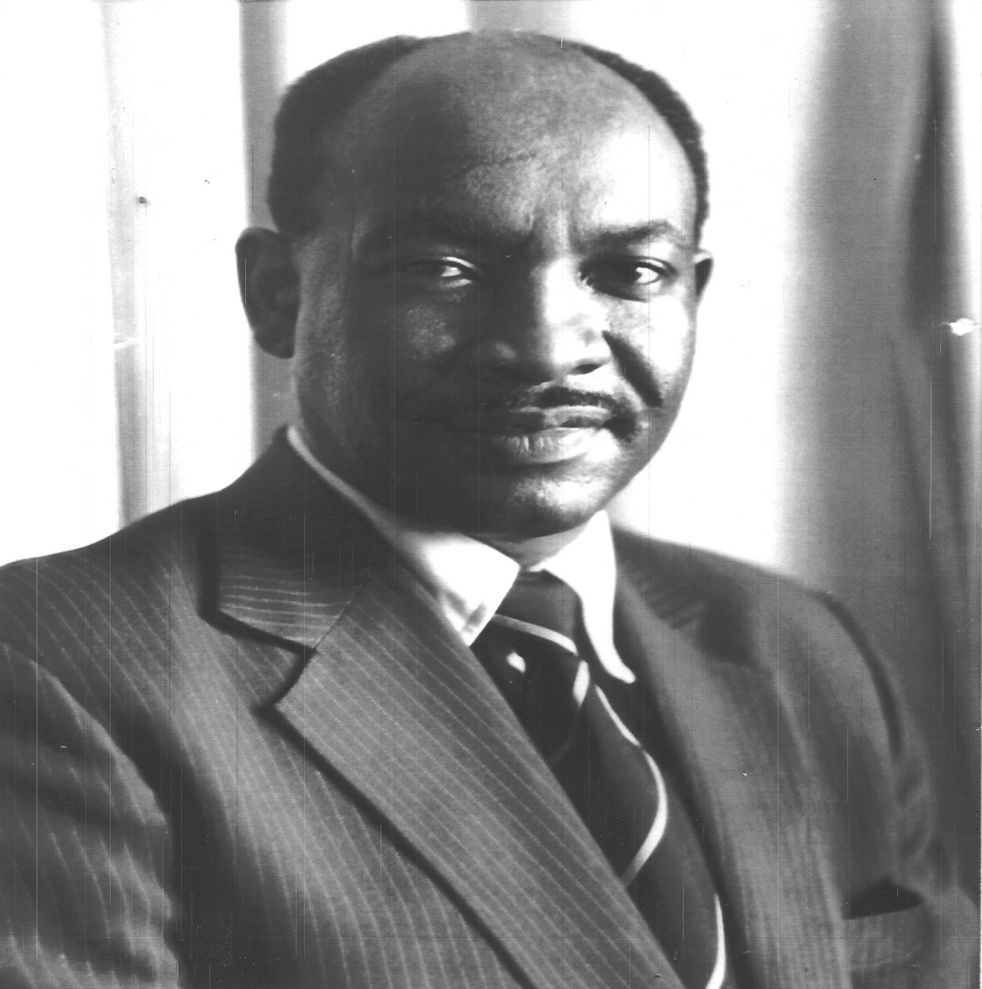



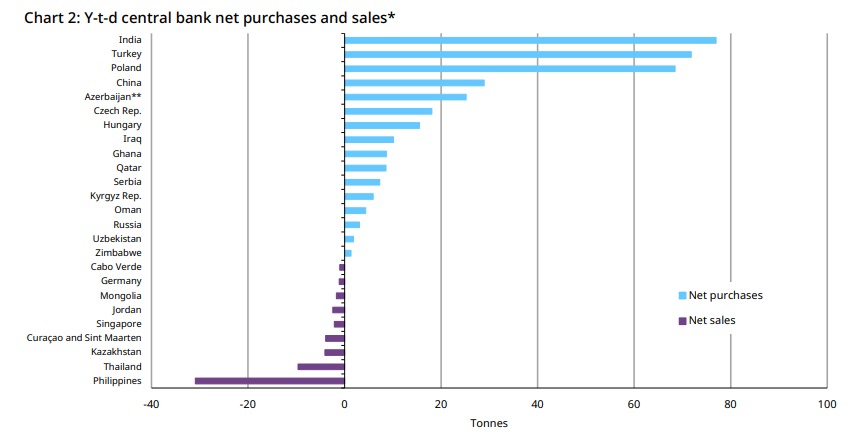
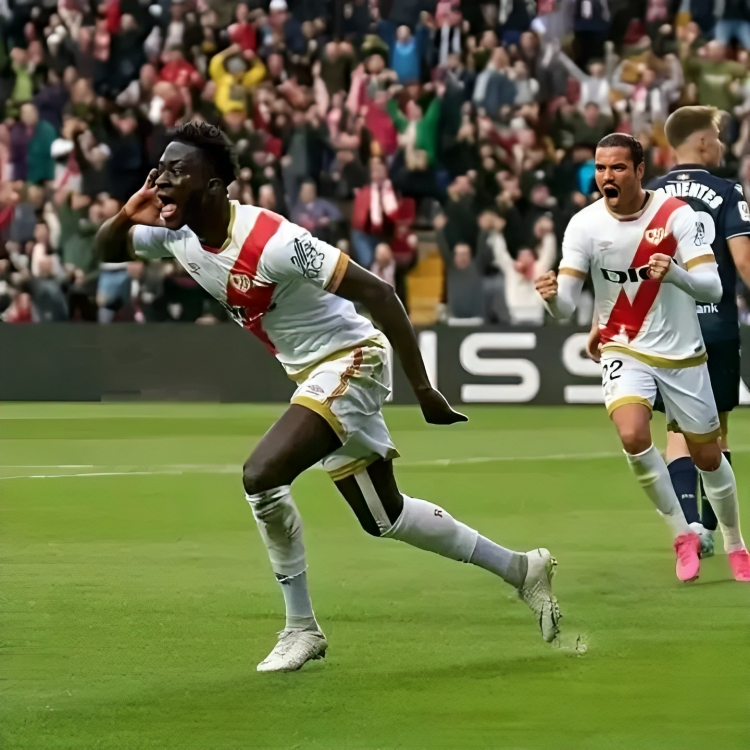
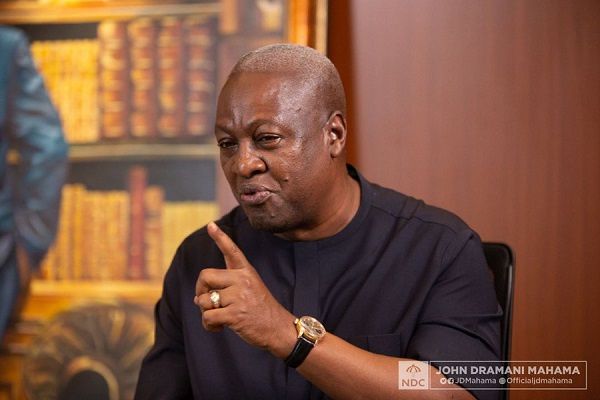



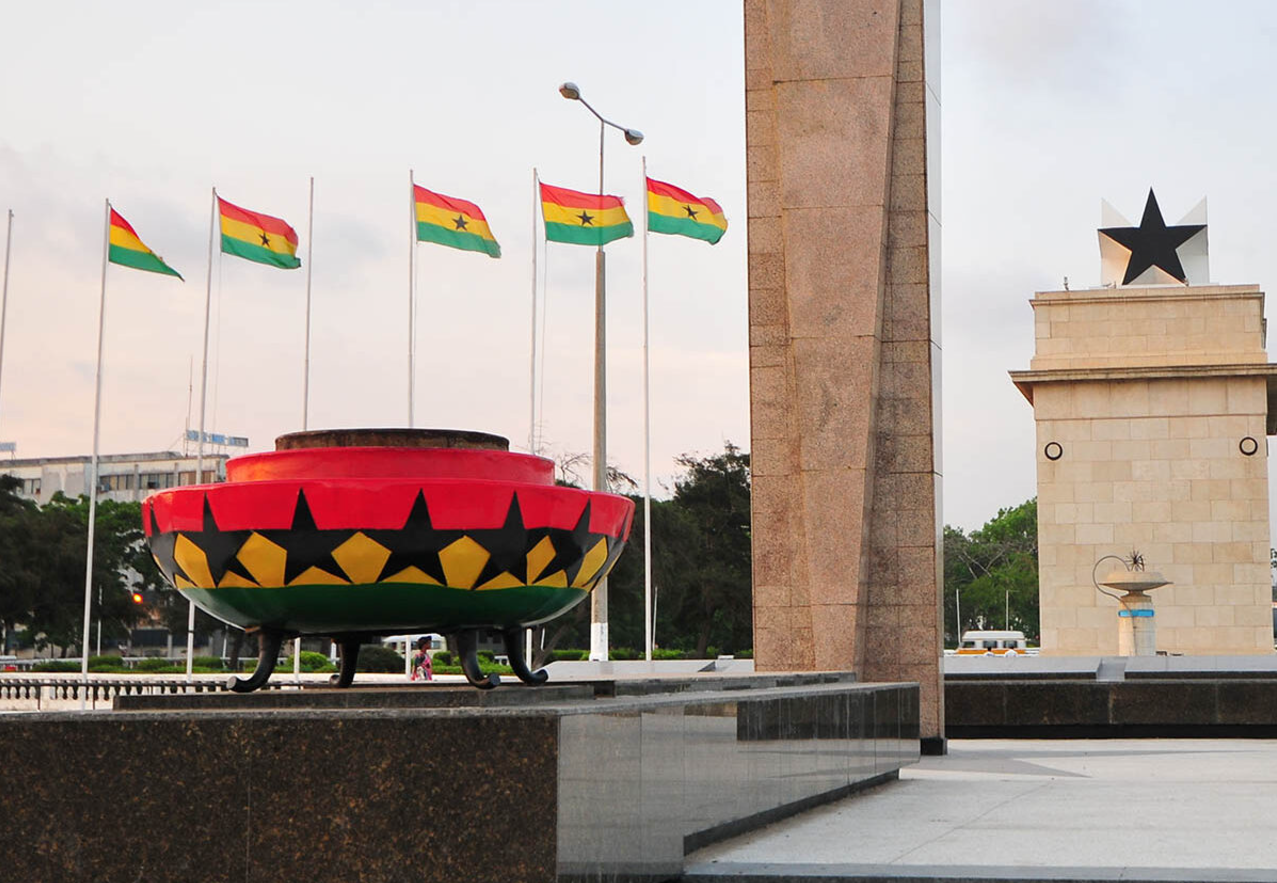


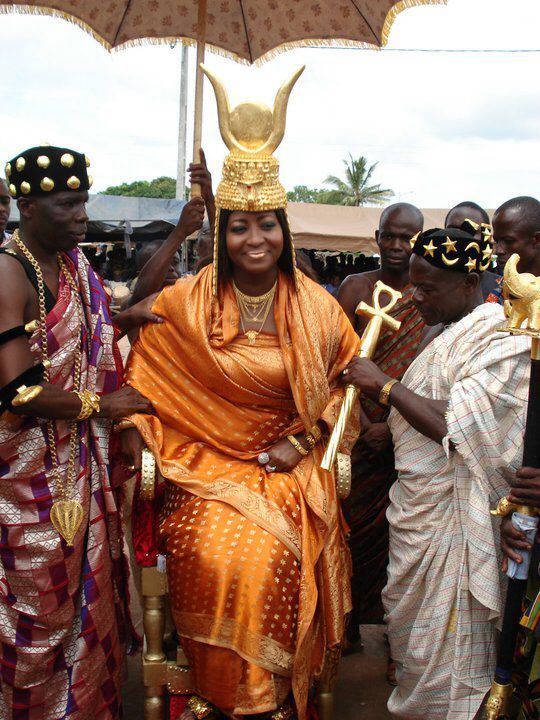
Facebook
Twitter
Pinterest
Instagram
Google+
YouTube
LinkedIn
RSS